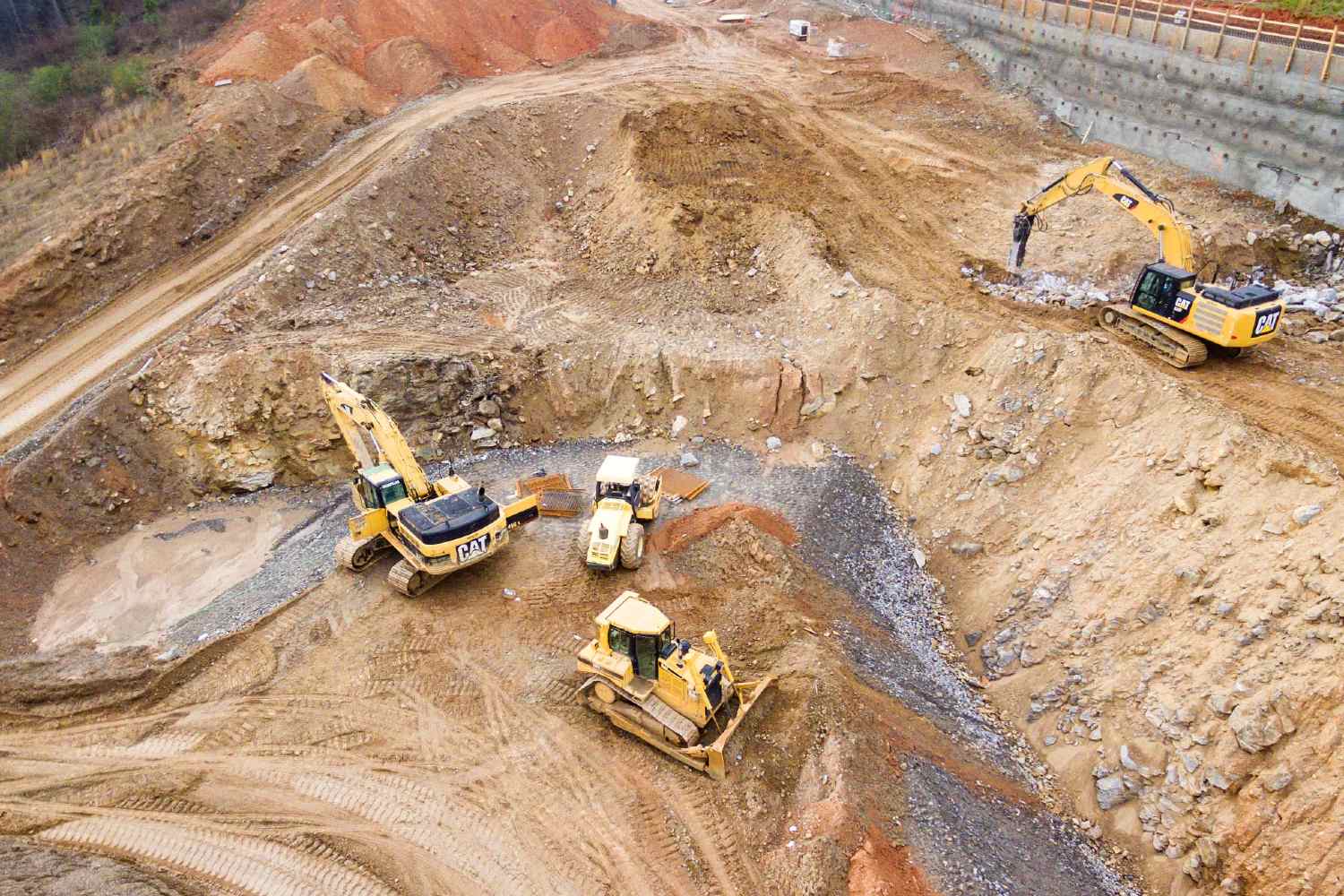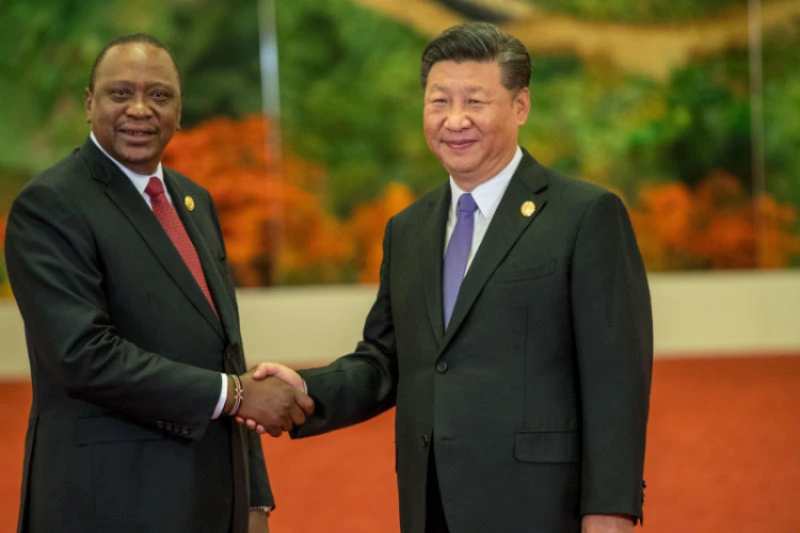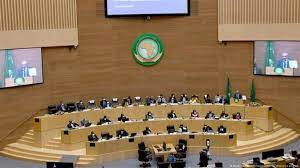Africa will play a “huge role” in America’s critical mineral strategy, says US Deputy Treasury Secretary Wally Adeyemo who used his five-day trip to South Africa to express his country’s ambitions of securing metals needed for the global energy transition.
Africa’s natural richness, which includes many so-called critical minerals, such as chromium, cobalt, copper, gold, iron, lithium, manganese, platinum, and uranium, is vital not only to the continent’s economic growth but also on a worldwide scale. Addressing US businesses in South Africa, Adeyemo stressed the importance of implementing incentives to boost the mining industry’s growth in the country. In an interview, he implicitly slammed the approach by US geopolitical rival China that controls much of Africa’s production of the metals needed for batteries for electric vehicles and renewable power plants. The infrastructure needed to export minerals is often “built by the people who want to offtake those minerals for their sole benefit,” he said and added that “railroads should not only go from a mine to a port but should have other stops along the way that help drive a more robust economy.”
Earlier, Adeyemo also stressed that the United States is looking to Africa to help loosen a Chinese stranglehold on battery metals and reduce Russia’s influence over the market for other minerals. Africa is getting renewed attention from Washington at a time when Western governments are scrambling to reduce their reliance on Chinese supply chains and disentangle their economies from Russia. While the US government has sought to boost production of critical minerals at home, notably under the Inflation Reduction Act, Adeyemo acknowledged that overseas resources were also vital, not least in Africa. With China’s strategic control over global critical mineral supply, including massive copper and cobalt projects in the DRC and Zambia as well as lithium in Zimbabwe, Adeyemo said Washington was working with G7 allies to close that infrastructure gap with China.



